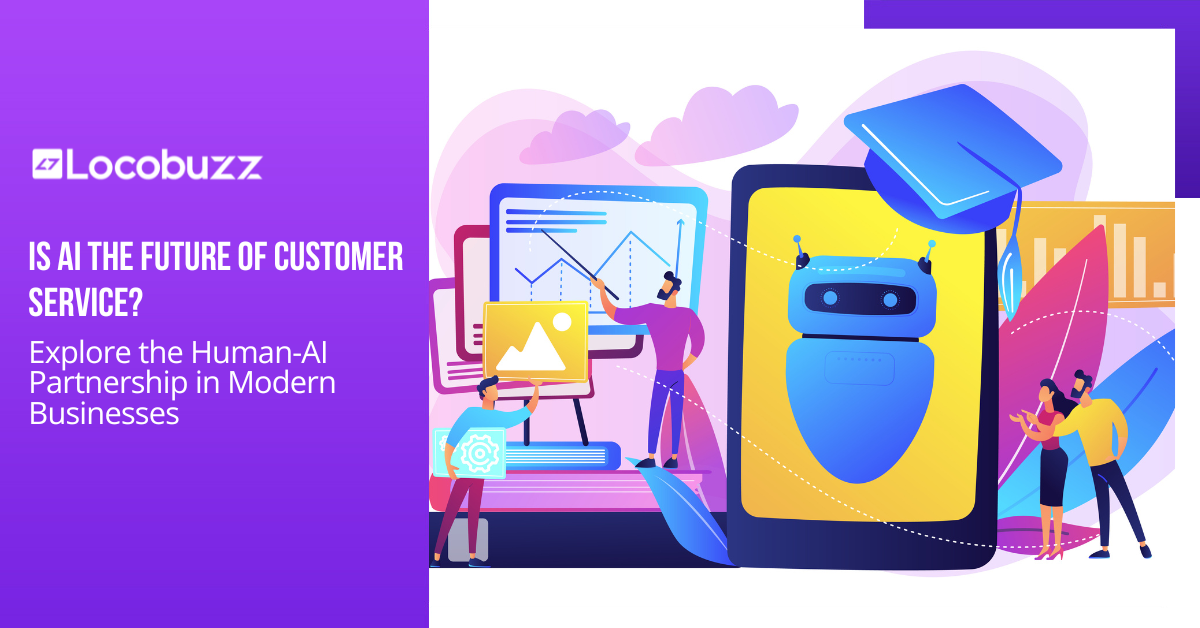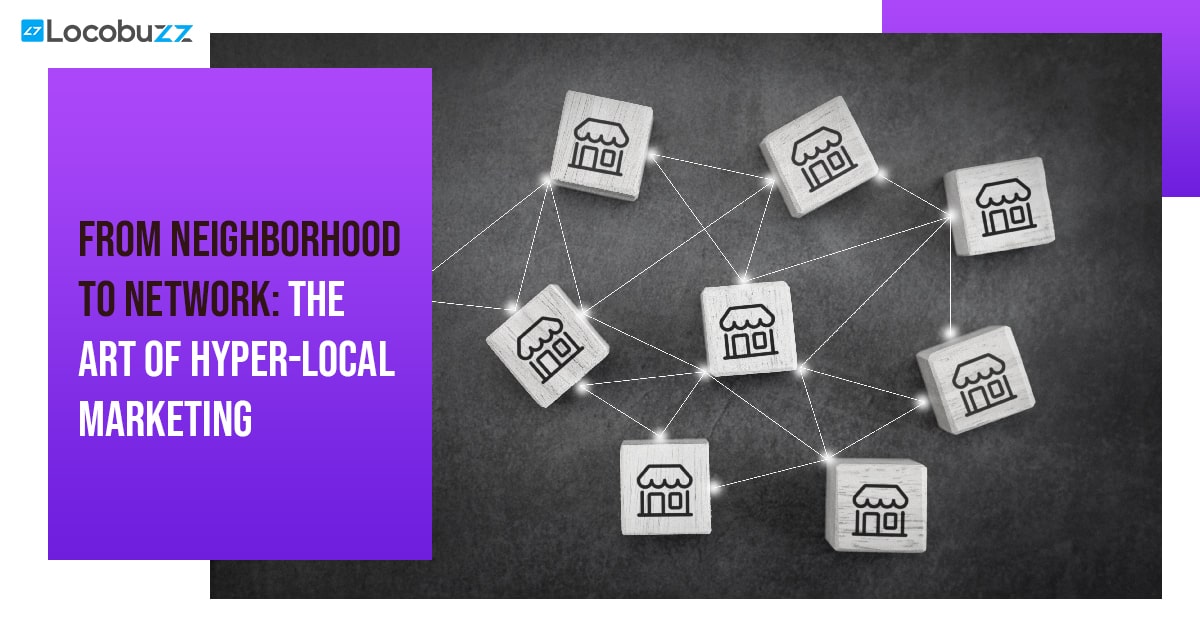The Power of Social Listening for the Education Industry

In the age of social media, the education industry can no longer afford to be in the dark about what students, parents, and educators are saying online. This is where social listening comes in, a powerful tool that allows educational institutions to tap into the wealth of information flowing across the web.
By strategically listening to these online conversations, schools can gain valuable insights to improve communication, enhance brand reputation, and ultimately, provide a better learning experience for their students.
Social listening extends your reach far beyond your school community. You can track conversations about educational methods, specific courses, or even your competitors. This allows you to identify areas for improvement and stay ahead of the curve in a constantly evolving educational industry.
Challenges and how social listening can help you in the education industry
Challenge 1: Curriculum Relevance
Traditional curriculums may not reflect the skills needed in the modern workforce.
Social Listening Treatment: By monitoring online conversations about jobs, future trends, and employer needs, educators can identify the skills most in-demand. Social media can also reveal student discussions about what they find interesting or challenging in their studies. This allows educators to tailor curriculums to be more relevant and engaging.
Example: A school district uses social listening tools to track discussions about artificial intelligence (AI) and its impact on various industries. They discover a surge in mentions of AI skills being essential for future jobs. This prompts them to introduce coding classes and AI modules within their curriculum to better prepare students.
Challenge 2: Teacher Training and Shortages
A lack of qualified teachers, especially in specific subjects, can hinder the quality of education.
Social Listening Treatment: Social listening can help identify online communities and forums where teachers share best practices, resources, and lesson plans. Educational institutions can use this information to curate training materials or host online workshops for teachers, addressing skill gaps and fostering collaboration.
Example: A school struggling to find qualified science teachers discovers a vibrant online community of science educators sharing innovative teaching methods on social media. The school uses this platform to connect its existing teachers with this community, allowing them to learn new approaches and share their own experiences.
Challenge 3: Access and Equity
Unequal access to quality education due to factors like poverty or location can create educational disparities.
Social Listening Treatment: Social listening allows educators to monitor online discussions in specific communities. This can reveal concerns about a lack of resources, accessibility issues, or challenges faced by students from disadvantaged backgrounds. This information can be used to develop targeted initiatives to bridge the equity gap.
Example: A school board uses social listening to discover discussions in a low-income neighborhood about limited access to after-school programs. They address this by identifying volunteers and creating a social media campaign to promote the free online tutoring resources available to all students.
These are just a few examples of how social listening can be a valuable tool in tackling various challenges faced by the education industry. By leveraging the power of online conversations, educators can gain valuable insights and work towards creating a more relevant, accessible, and equitable learning environment for all students.
7 Benefits of social listening in Education Industry
1) Improved Student Engagement: Social listening allows educators to understand student needs, interests, and concerns directly from the online conversations they’re already having. This can inform the development of more engaging learning experiences that resonate with students and cater to their preferred learning styles.
2) Enhanced Curriculum Development: By monitoring online discussions about jobs, future trends, and employer needs, educators can identify the skills most sought-after in the workforce. This empowers them to tailor curriculums to be more relevant and equip students with the skills they need to succeed in the real world.
3) Stronger Reputation Management: Educational institutions can leverage social listening to track online sentiment about their schools. Identifying positive mentions allows them to amplify their successes, while proactively addressing negative feedback to maintain a positive brand image and build trust with the community.
4) Effective Crisis Communication: Social listening can be a powerful tool for identifying and mitigating potential crises. By monitoring online conversations, educators can detect emerging issues early on and develop effective communication strategies to address them swiftly, minimizing reputational damage.
5) Streamlined Recruitment Efforts: Social listening allows universities and colleges to understand the online conversations of prospective students. Analyzing these discussions reveals what students are looking for in an educational institution. This knowledge can be used to refine marketing messages, highlight unique offerings, and attract a wider pool of qualified candidates.
6) Informed Policy Making: Social listening can provide valuable insights into the opinions and concerns of parents, teachers, and community members. By understanding these perspectives, educational institutions can make data-driven decisions when formulating policies and implementing changes.
7) Benchmarking Against Competitors: Educational institutions can utilize social listening tools to track online conversations about their competitors. This allows them to identify areas where they excel and areas for improvement, fostering a culture of continuous learning and innovation within the educational landscape.
How to implement social listening in the education industry?
1) Define Your Goals
Improve brand perception: Are students happy with the school environment?
Increase student engagement: What are students talking about online regarding clubs or activities?
Gather competitor intelligence: How do other schools market themselves?
2) Choose Your Platforms & Keywords
Platforms: Focus on where your audience is (Twitter, Facebook, forums for parents).
Keywords: Include your school name, relevant hashtags (#CollegeLife), and topics (e.g., “after-school programs”).
3) Track Mentions & Analyze Sentiment
Social listening tools can monitor mentions and gauge positive, negative, or neutral sentiment.
Example: If students tweet using “#TerribleCafeteriaFood,” the school can address the concerns and improve meals.
4) Take Action & Measure Results
Respond to comments and questions promptly, especially concerns.
Track how social listening impacts your goals (e.g., increased website traffic from positive mentions).
By implementing social listening, schools can gain valuable insights to improve their brand, engage students, and stay ahead of the curve in the education industry, which keeps evolving.
Final Thoughts
Social listening isn’t a magic bullet, but it’s a powerful compass for the education industry. In a sea of information and ever-changing needs, it allows educators to keep their finger on the pulse of students, communities, and the evolving job market.
By fostering a culture of listening, educational institutions can transform from places simply imparting knowledge to dynamic hubs that cultivate well-rounded, future-ready individuals. Social listening empowers educators to become not just teachers, but architects of a relevant and impactful learning experience.






















